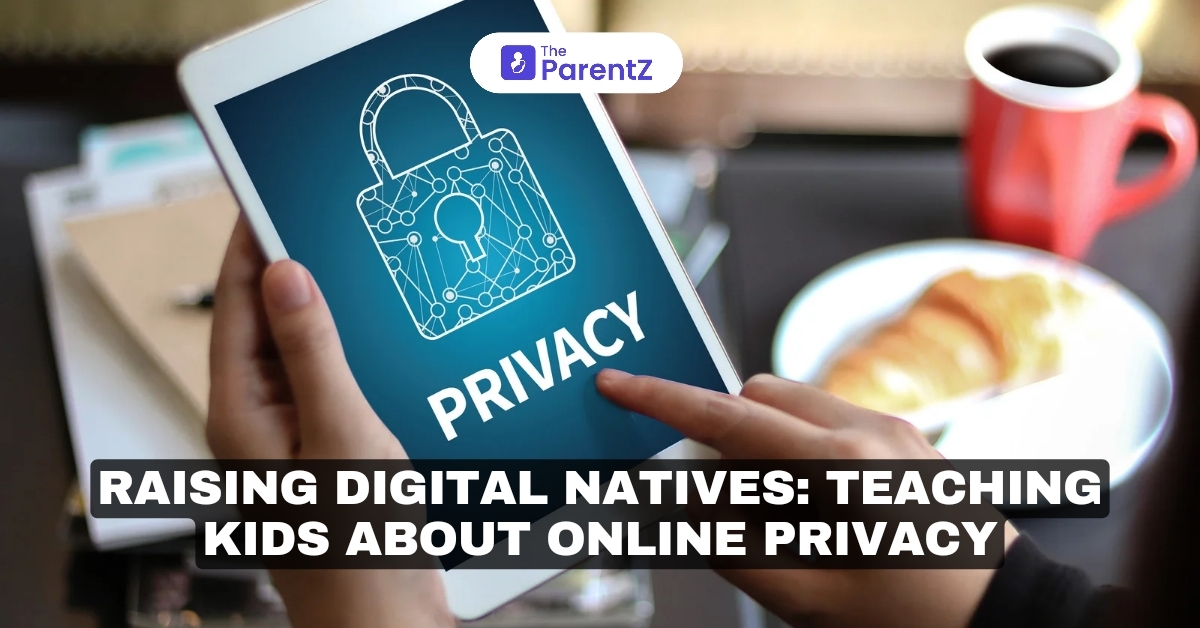Children today are growing up in a digital world, often referred to as “digital natives.” While this provides many opportunities for learning and entertainment, it also presents significant challenges, particularly around online privacy. Educating children about the importance of protecting their personal information online is critical for their safety and well-being.
The Importance of Online Privacy for Kids
Online privacy refers to the protection of personal information shared or collected online. For children, this includes their location, contact details, browsing history, and interactions on social media or educational platforms. Many children are unaware of the risks of oversharing or using unsecured apps, making them vulnerable to online predators, cyberbullying, and data theft.
Common Privacy Risks for Children
- Social Media: Children may be quick to share personal information on platforms like Instagram, TikTok, or Snapchat, not fully understanding the potential consequences. Oversharing can expose them to strangers, identity theft, and cyberbullying.
- Data Collection by Apps: Many apps, including games and educational tools, collect data from their users. This data can be used for targeted advertising or, in some cases, sold to third parties. Children often lack the understanding to read or interpret privacy policies, making them more vulnerable to these practices.
- Unsecured Devices: Children may use shared or unsecured devices, such as family tablets or public computers, to access the internet. Without proper safeguards, their personal information can be easily accessed by hackers or malicious websites.
How to Teach Kids About Online Privacy
- Start Early: Conversations about online privacy should begin as soon as children start using the internet. Use age-appropriate language and examples to explain why they should be cautious about sharing personal information.
- Set Privacy Settings Together: Teach children how to adjust privacy settings on social media platforms, apps, and websites. Walk through the process of limiting who can see their posts or access their personal data.
- Encourage Critical Thinking: Encourage children to think critically about the information they share online. Questions like, “Who can see this?” and “Do I trust this app with my information?” can help them develop a more cautious approach to online interactions.
- Model Good Behavior: Children learn from observing their parents’ online behavior. Make a point to show them how you protect your privacy by using strong passwords, avoiding suspicious links, and being mindful of the information you share online.
Conclusion
Teaching children about online privacy is essential for their safety in today’s digital age. By educating them early, setting strong examples, and providing them with the tools to protect their personal information, parents can help their children navigate the digital world safely.








Be the first one to comment on this story.